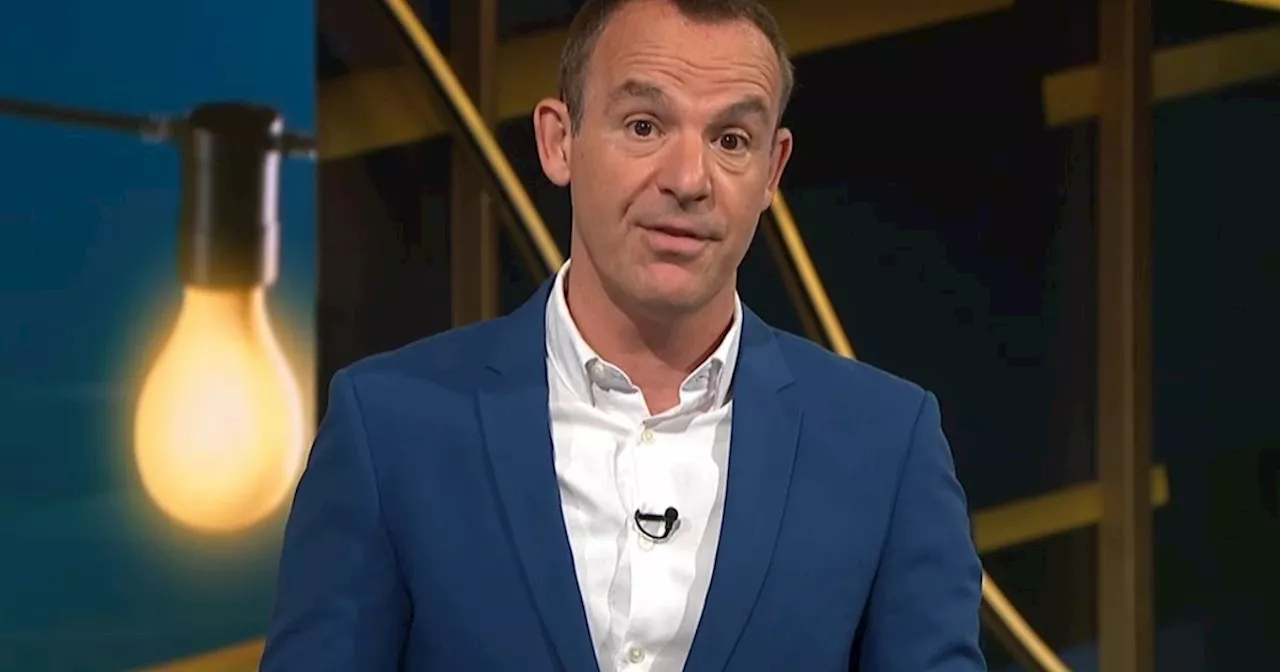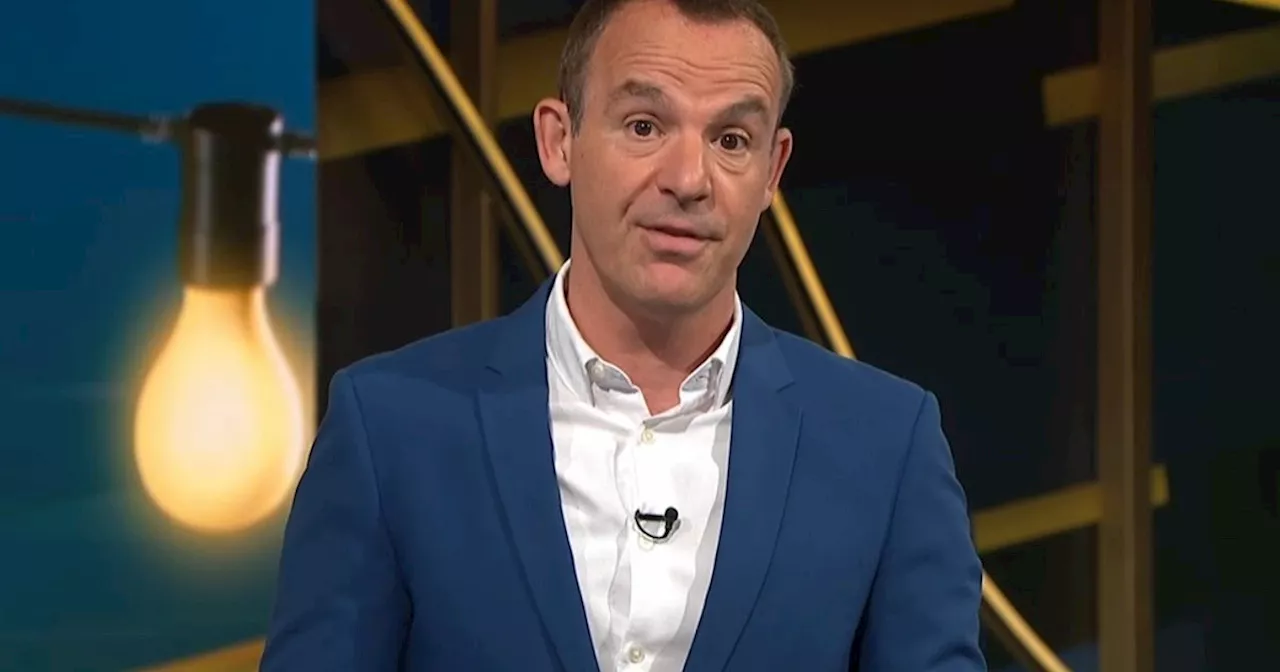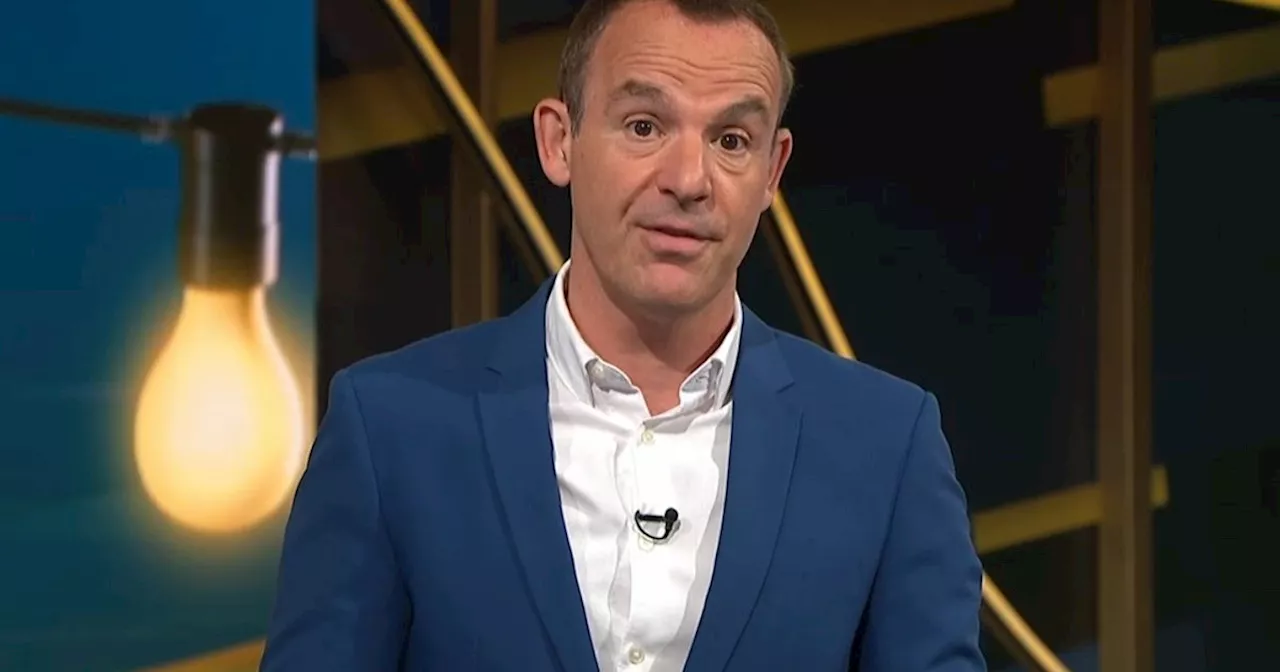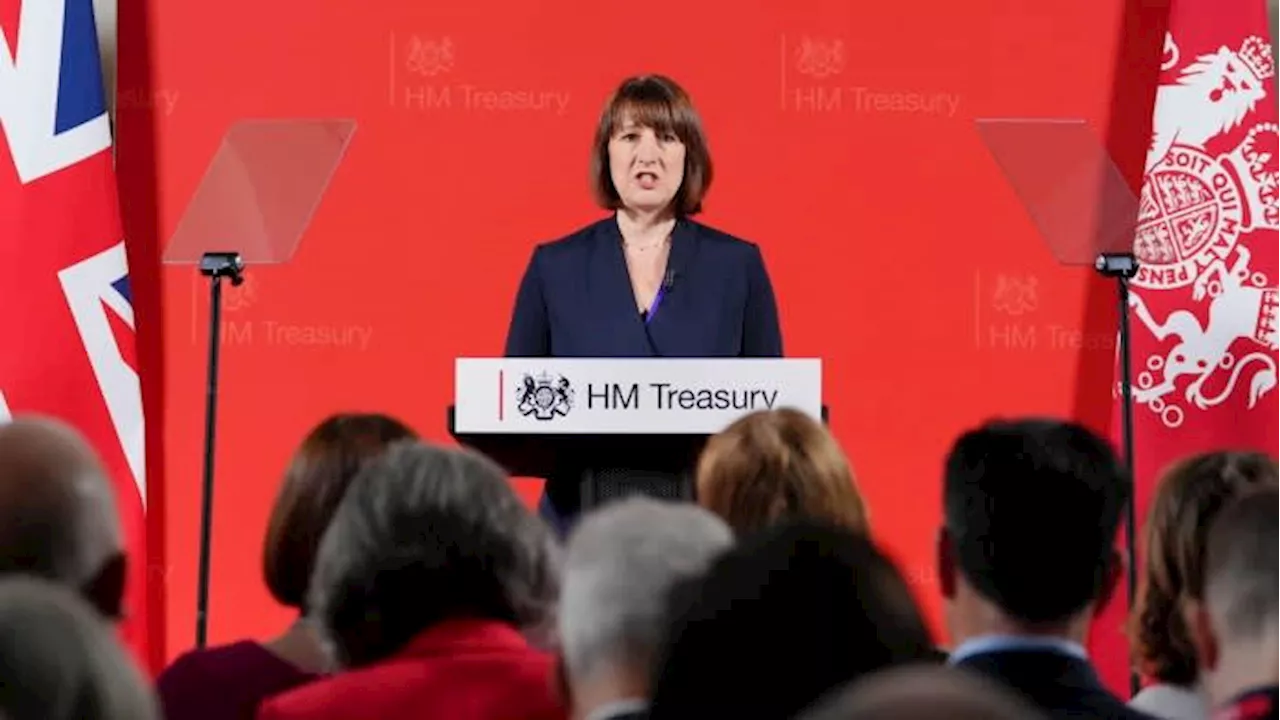Our commitment to being 'good mums' leads us to make very different decisions, and it shouldn't be that way.
The first night after we brought our son home from the hospital was a long, rocky one. Every 20-30 minutes, he woke, screaming, and, in a groggy haze, I brought him to my breast precisely as the lactation consultant and all the nurses had instructed me. But after a few moments, he would unlatch his tiny mouth and throw his head back to shriek. His face turned bright red with all the effort he was expending. It was clear that I was failing in my primal duty to feed my baby.
What made a mother feel like she was doing a good job, Fielding-Singh found, depended greatly on her circumstances. Most of the lower-income moms she spoke with had endured at least one occasion, like my night with my newborn, in which their child was inconsolably hungry. In the book, she recounts in painful detail how one mother held a crying baby all night long because she didn’t have enough money to buy more infant formula.
“Parenting, in a way where you have to say no all the time to your kids’ requests because you can’t provide them, not because you don’t want to, but because you literally cannot, is extremely emotionally distressing,” Fielding-Singh said. All of the moms Fielding-Singh interviewed and observed felt the pressure of what she calls “intensive mothering.” The phrase was coined in the 1990s by sociologistto describe the “unattainably high standards to which mothers in this country are held, specifying that moms need to be children’s primary caregivers, that they should be self-sacrificing, that mothering as an act should be labor-intensive and resource-demanding,” Fielding-Singh said.
“Lower income mothers can be seen as not caring or complacent about their children’s diets,” Fielding-Singh said. “It’s actually not that at all. It’s that they’ve found a way to navigate the extreme challenges of treating their kids within a context of, often, deprivation, and also be able to keep going each day, keep putting one foot in front of the other.”
Food Junk Food Income Inequality The Good Life
Ireland Latest News, Ireland Headlines
Similar News:You can also read news stories similar to this one that we have collected from other news sources.
 How a new Labour government will affect Universal Credit and your family financesA new Labour government will soon be in power – here's what it means for families who claim benefits such as Universal Credit
How a new Labour government will affect Universal Credit and your family financesA new Labour government will soon be in power – here's what it means for families who claim benefits such as Universal Credit
Read more »
 Martin Lewis on what Labour victory could mean for your financesThe MoneySavingExpert.com founder explained what could happen next after Labour secured a landslide victory against the Tories
Martin Lewis on what Labour victory could mean for your financesThe MoneySavingExpert.com founder explained what could happen next after Labour secured a landslide victory against the Tories
Read more »
 The trap of lifestyle creep - and how to stop it ruining your financesLifestyle creep, otherwise known as lifestyle inflation, is a steady increase in expenses that happens as income goes up over time, explains Ellie Austin-Williams
The trap of lifestyle creep - and how to stop it ruining your financesLifestyle creep, otherwise known as lifestyle inflation, is a steady increase in expenses that happens as income goes up over time, explains Ellie Austin-Williams
Read more »
 Martin Lewis explains what Labour victory could mean for your personal financesThe MoneySavingExpert founder has analysed the General Election result and what it could mean for people's finances after Keir Starmer was elected Prime Minister
Martin Lewis explains what Labour victory could mean for your personal financesThe MoneySavingExpert founder has analysed the General Election result and what it could mean for people's finances after Keir Starmer was elected Prime Minister
Read more »
 Martin Lewis on what Labour's election win means for financesThe MoneySavingExpert.com founder appeared on ITV's Good Morning Britain today, where he explained what could happen next after Labour secured a landslide victory against the Tories
Martin Lewis on what Labour's election win means for financesThe MoneySavingExpert.com founder appeared on ITV's Good Morning Britain today, where he explained what could happen next after Labour secured a landslide victory against the Tories
Read more »
 Rachel Reeves warns UK public finances in worst state since second world warUK’s new Labour chancellor has instructed Treasury to examine state spending under the Conservatives
Rachel Reeves warns UK public finances in worst state since second world warUK’s new Labour chancellor has instructed Treasury to examine state spending under the Conservatives
Read more »
